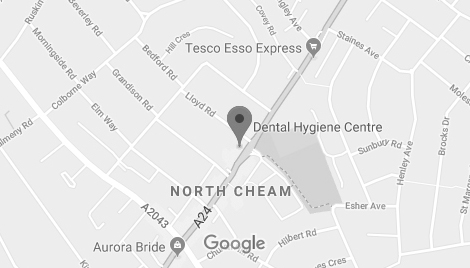How much will I pay for NHS dental treatment?
NHS dental charges ()
There are three NHS charge bands.
- Band 1: includes an examination, diagnosis and advice.
- Band 2: includes treatment covered by Band 1, plus additional treatment, such as fillings, root canal treatment and removing teeth.
- Band 3: includes treatment covered by Bands 1 and 2, plus more complex procedures, such as crowns and dentures.
What if I need more treatment?
If, within two months of completing a course of treatment, you need more treatment from the same charge band or a lower one, for example another filling, you don't have to pay anything extra.
However, after two months, you will have to pay an additional band charge.
Emergency treatment
If your initial treatment is classed as emergency treatment, it may not be included in any later course of treatment that you need. For emergency dental treatment (including out-of-hours treatment), you will have to pay a separate charge of
When you don't have to pay
You don't have to pay a dental charge:
- for denture repairs
- to have stitches removed
- if your dentist has to stop blood loss
Personal dental treatment plan
Your dentist will give you a personal treatment plan before you have Band 2 or 3 treatment. The plan gives details of the treatment and the amount you'll have to pay. You'll be asked to read and sign the plan.
If you've discussed having private treatment with your dentist, the details and costs of this treatment will be listed separately on your treatment plan.
Before having dental treatment, talk to your dentist about the benefits of treatment and any risks involved.
Paying for treatment
Your dentist is entitled to ask for your payment at any stage of your treatment. Full payment for the course of treatment may be required at the time of the first appointment. If you have any concerns, ask the Practice about when you have to pay. You may pay by debit card, VISA and Mastercard credit cards or by cash.
Referral to another dentist
If you're referred to another dentist to complete the treatment, you will still only pay one band charge. You will pay the full amount to the dentist who refers you
If you're referred to a private dentist (and you accept this option) you will:
- pay the appropriate NHS band charge to the dentist who referred you, and
- pay a fee for the dental work carried out by the private dentist you are referred to
Who is entitled to free NHS dental treatment at the the Dental Hygiene Centre?
You do not have to pay for NHS dental treatment if, when your treatment starts, you are:
- under 18
- under 19 and in full-time education
- pregnant or you've had a baby in the 12 months before treatment starts
You can also get free NHS dental treatment if, when the treatment starts or when you're asked to pay:
- you're included in an award of Income Support, income-based Jobseeker's Allowance, income-related Employment and Support Allowance or Pension Credit guarantee credit. If you're getting Universal Credit, your entitlement to free NHS dental treatment depends on your earnings for the most recent assessment period.
- you're named on, or entitled to, a valid NHS tax credit exemption certificate
- you're named on a valid HC2 certificate
If you're named on a valid HC3 certificate, you may not have to pay for all your NHS dental treatment. HC2 and HC3 certificates are issued under the NHS Low Income Scheme – see below.
You will not be exempt from paying for NHS dental treatment because you receive one of the benefits below when paid on their own
- Incapacity Benefit
- contribution-based Jobseeker's Allowance
- contribution-based Employment and Support Allowance
- Disability Living Allowance
- Council Tax Benefit
- Housing Benefit
- Pension Credit savings credit
Proof of your entitlement
You'll be asked to show your dentist written proof that you're entitled to help with dental treatment costs. This will vary depending on your circumstances. To check what documents you will need, see the NHS HC11 leaflet (also available from www.nhsbsa.nhs.uk ).
NHS Low Income Scheme
The NHS Low Income Scheme provides income-related help to people not exempt from charges but who may be entitled to full or partial help with healthcare costs if they have a low income. Anyone can apply as long as they don't have savings or investments over the capital limit. In England, the capital limit is £16,000 (or £23,250 if you live permanently in a care home).
Help is based on a comparison between your weekly income and assessed requirements at the time the claim is made. Entitlement broadly follows Income Support rules to decide how much, if anything, you have to pay towards your healthcare costs, including dental treatment costs.
The NHS Business Services Authority website www.nhsbsa.nhs.uk has more information about the NHS Low Income Scheme, including how to apply.
For the latest position, check the NHS or other government websites
NHS England
Dental Hygiene Centre is contracted to provide services for you under the NHS by NHS England, Dental, Optometry, Pharmacy Services, 5th floor, Skipton House, 80 London Road, London, SE1 6LH.




